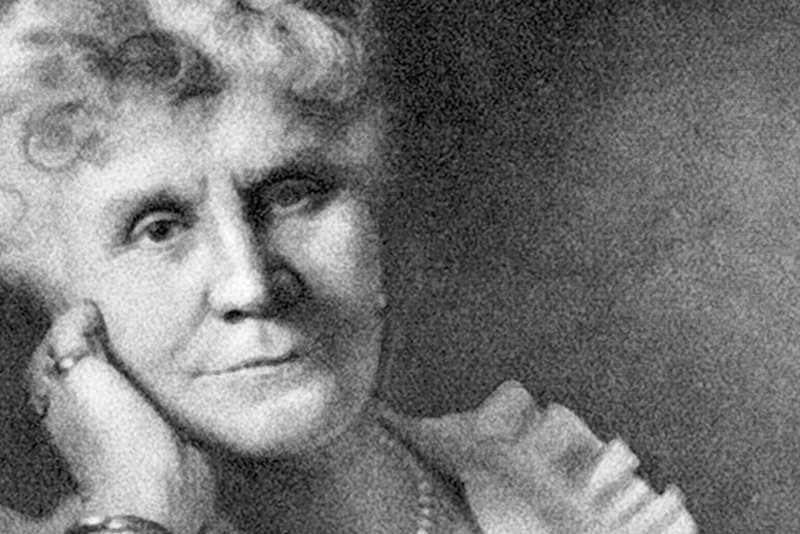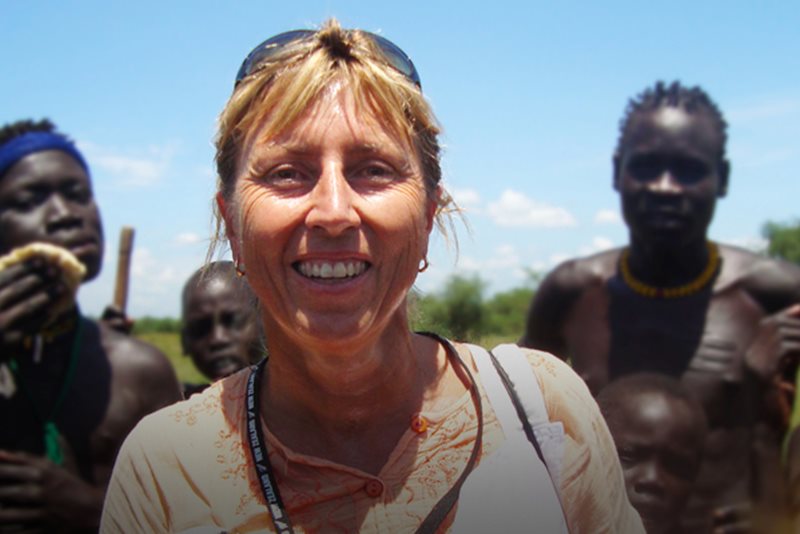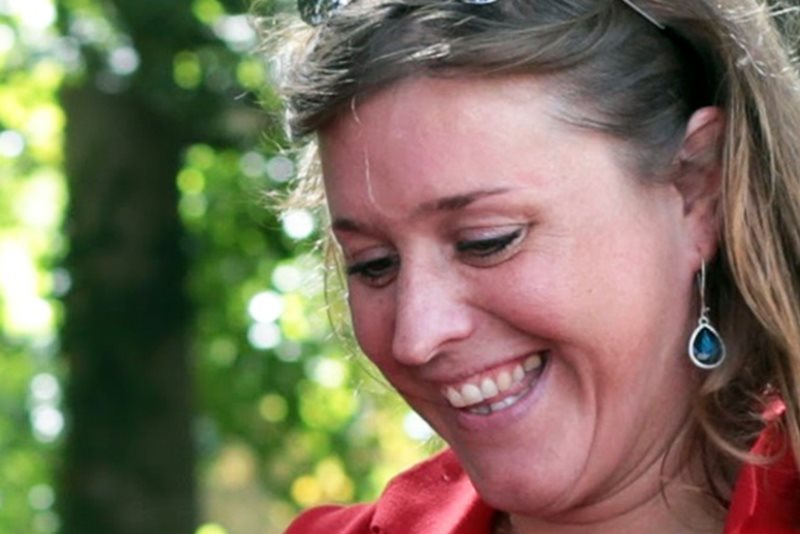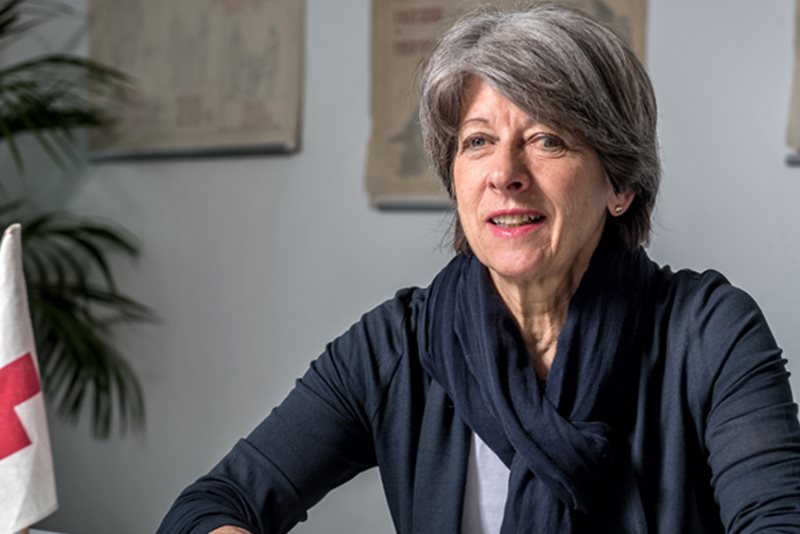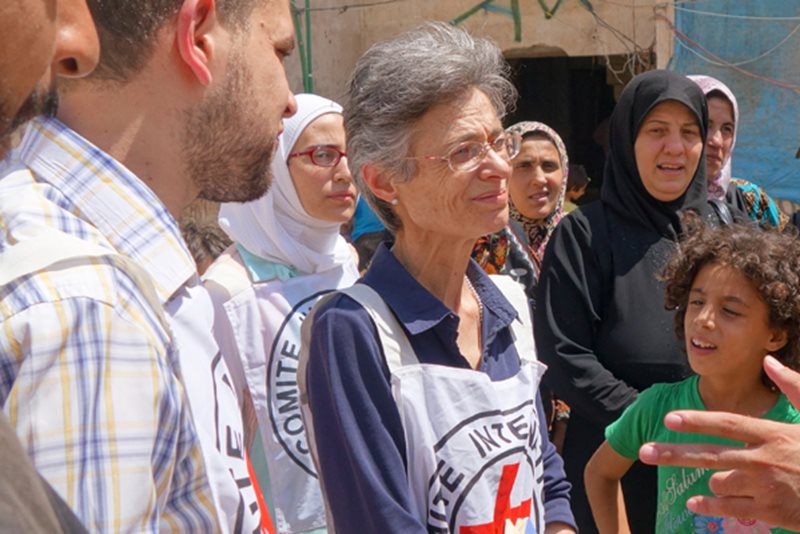Born in 1851 into an old family of the great protestant and liberal bourgeoisie in Geneva, Alice Favre grew up in a social and cultural environment imbued with philanthropy and social welfare. Her father, Edmond, a businessman and deputy in the Grand Council of Geneva, was one of the first members of the International Committee of the Red Cross (ICRC). At the age of 13, thanks to her family's privileged position, Alice Favre witnessed the signing of the first Geneva Convention in August 1864. That historical event left a lasting impression on the young girl.
From the outset, the spread of Henry Dunant's ideas throughout the world owes a great deal to the support they had among women. In Geneva, it was on the initiative of Alice Favre and two other philanthropists that a Ladies' Society was set up in 1889, two years before the founding of the Red Cross Gentlemen's Society. Independent and bright, Alice Favre was known for her big heart and her commitment to feminism.
– Alice Favre, Switzerland”I was a feminist before my time”
Despite the prejudices of the era, she broke with the conventions of her social environment, becoming an outspoken member of the Geneva society for women's suffrage. She also brought the Geneva Red Cross Ladies into the National Federation of Swiss Women's Associations.
During her successive terms of office at the head of various Red Cross organizations, Alice Favre continually defended the notion of public health: fighting against infectious diseases, supporting the work of the Samaritans, and setting up classes on patient care. In tandem, she fought to promote the status of nurses, supporting the creation of a home for nurses in Geneva, followed by a social hygiene dispensary. Initially the secretary of the Red Cross Ladies' Society, she became its president in 1898, at a time when the new central secretary of the SRC, Walther Sahli, was laying the foundations for professional training for nurses. Serving by his side, she played a decisive role in consolidating the role of the Red Cross in peacetime.
– Alice Favre, Switzerland”I would like to see the Red Cross strive more and more not only to heal wounds, but also to prevent them”
In 1914, at the outbreak of the First World War, Alice Favre was elected president of the Geneva section of the SRC, which had been founded after the Ladies' and Gentlemen's Societies merged. The first woman to lead a cantonal association of the SRC, she remained president until 1920. With its mission to help war victims, her presidency was marked by an extremely devoted woman of action who helped to spread the image of Geneva as a humanitarian hub all around the world.
When she joined the SRC management in 1919, Alice Favre was once again, at the age of 68, a social pioneer. On the same day as Carl Bohny, with whom she had worked closely during the war years, became SRC president, her appointment can be seen as a type of consecration. As an SRC representative outside of Switzerland, she also attended the International Red Cross Conferences in Saint Petersburg in 1902 and Washington in 1912 as the Swiss delegate. Ultimately, she had to give up her position in 1923 owing to a debilitating illness and died in Geneva on 3 February 1929.

Between 1990 and 2017, women made up only 2 per cent of mediators, 8 per cent of negotiators and 5 per cent of witnesses and signatories to global peace processes.
